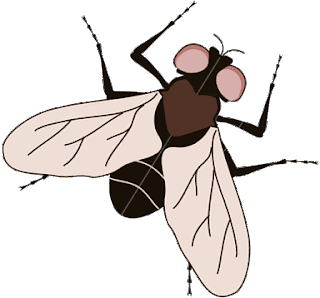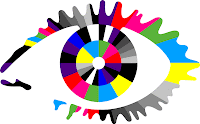 We took pictures of CCTV cameras all round our school. These will be useful for just putting in places of the documentary at a later date.
We took pictures of CCTV cameras all round our school. These will be useful for just putting in places of the documentary at a later date.We filmed shots of CCTV in London - Specifically: Abbey Road and Oxford Street.
Inside the station we also filmed a television screen showing CCTV and another CCTV camera.
The shots filmed in London were unfortunately all shakey as we didn't take a tripod. Hopefully we will be able to edit this in iMovie. The shots in Oxford Street of the crowd (inspired by an image we found online) turned out well. We plan to speed up the pace though as the crowd was walking quite slowly. It shows the sheer amount of people in the street and the amount of people who are being caught on CCTV just by walking down a street in London. We planned to film in Abbey Road as we knew from a website online (http://www.camvista.com/england/london/beatles_abbey_road_webcam.php3) that there was CCTV there that was able to be viewed by anyone online. We thought we could use this in the documentary as it is quite a controversial thing to be happening.
There is also a peice of grafitti on a wall in London by the artist Banksy that we plan to use in the documentary that says "One nation under CCTV". It looks like this:






 Fly On The Wall
Fly On The Wall





 Who is Michael Moore?
Who is Michael Moore?

